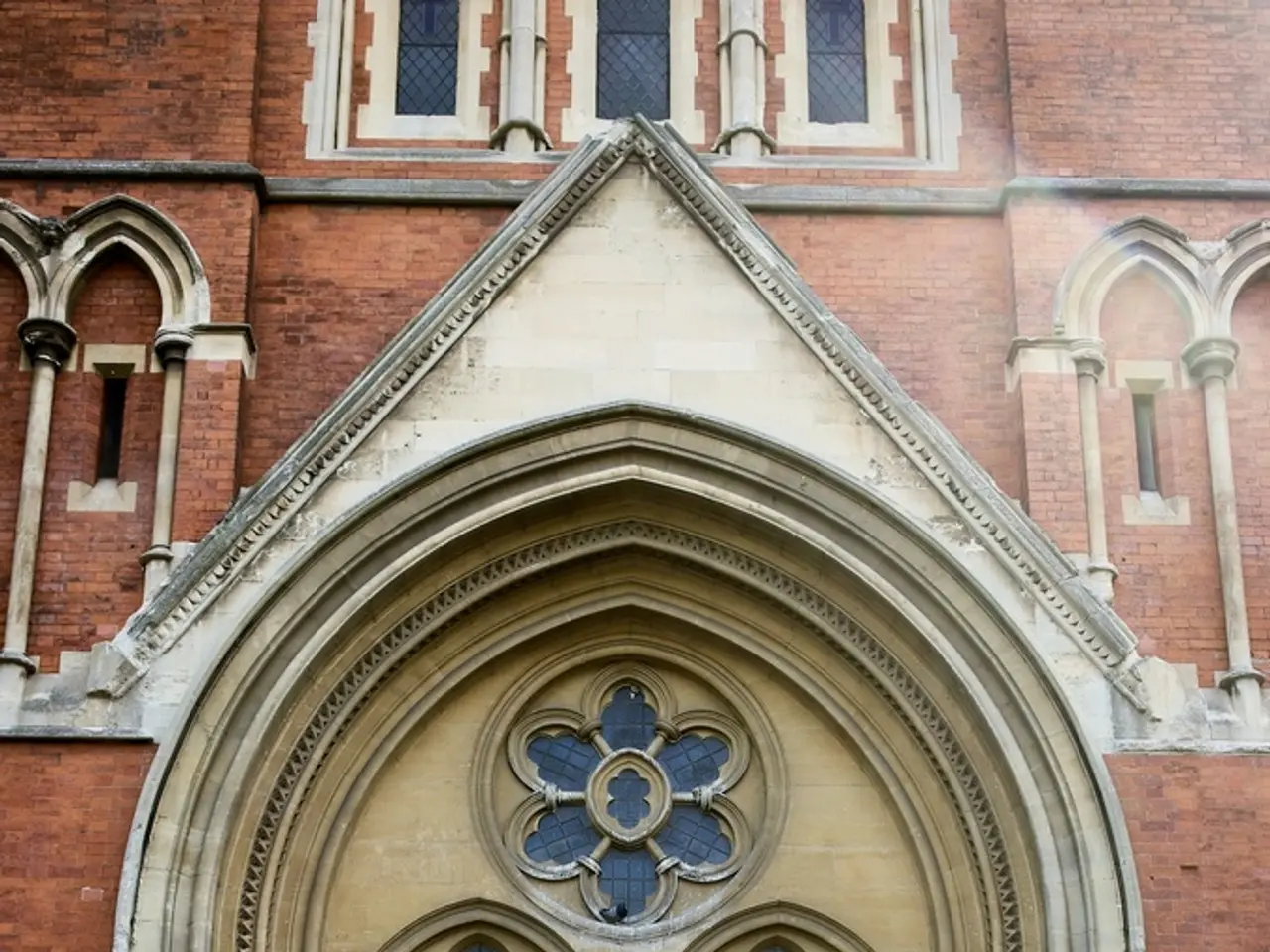Gang Violence Runs Rampant in Haiti: What Ends for Haitians in the US Means for Them
Starting September, Temporary Protected Status for Haitians residing in the U.S. will be terminated, amidst escalating gang violence in their home country. - Gang violence persists in Haiti; US-provided protection for Haitians set to conclude by September's start.
In a move that's stirred up controversy, the termination of Temporary Protected Status (TPS) for Haitians in the US kicks off on September 2025, amidst skyrocketing gang violence and instability in Haiti.
- *
Originally granted following the 2010 earthquake, TPS was extended several times due to subsequent crises. However, according to the Department of Homeland Security (DHS), the time has come for Haitian citizens to make their way back home. The DHS states that the conditions in Haiti have improved sufficiently for a safe return, contrary to the persistent security challenges that still plague the country.
The timeline for this change looks like this: the TPS designation will officially expire on August 3, 2025, with termination beginning early September. To encourage voluntary return, DHS has emphasized a program through the CBP Home app that offers support such as a plane ticket and a $1,000 exit bonus[1][2][4].
Returning to a Nightmare in Haiti
Despite the "improved" conditions in Haiti, critics argue the decision is blind to the ongoing reality on the ground. Haiti continues to face significant gang violence, political unrest, and humanitarian crises, making safe reintegration nearly impossible. The return of hundreds of thousands of Haitians to such a volatile environment could exacerbate the ongoing suffering and instability[5].
- A Harsh Reality: Many Haitians face the grim threat of violence, lack of basic services, and political instability. The ongoing violence complicates reintegration efforts and risks deportees facing further harm[5].
- Jobs and Stability at Risk: Losing TPS means Haitians will no longer be eligible to work legally in the US, potentially facing detention or deportation unless they obtain another lawful immigration status. This sudden shift could result in job loss, economic hardship, and uncertainty for families who have spent more than a decade building a life in the US[2][5].
- Political and Community Outcry: Lawmakers and advocacy groups, like Congressional representative Ayanna Pressley, have voiced strong opposition to the decision, labeling it cruel and misguided. They highlight the need for protections that take into account the ongoing humanitarian crisis and violence in Haiti[5].
Finding Balance in Complex Times
The termination of TPS represents a critical challenge for US immigration policy towards Haiti, as it seeks to balance the need for an orderly immigration system with the complex human rights and safety considerations facing vulnerable migrants[1][2][5].
[1] https://www.nbcnews.com/news/latino/bidens-homeland-security-department-sets-deadline-haitians-lose-protection-us-n1282198
[2] https://www.cnn.com/2023/01/11/us/temporary-protection-status-haiti-trump- extending-coverage-intl/index.html
[4] https://www.cbp.gov/newsroom/national-media-resources/temporary-protected-status
[5] https://www.nytimes.com/2023/03/03/us/politics/haiti-temporary-protected-status-trump- biden.html
The Commission, amidst political debates and general-news discussions, has also been asked to submit a proposal for a directive on the protection of workers from the risks related to exposure to ionizing radiation, given the implications of the TPS termination for Haitians in the US and the potential risks they may face upon return to Haiti, where crime-and-justice issues persist.
The ongoing gang violence, political unrest, and humanitarian crises in Haiti could lead to further exposure of workers to ionizing radiation, as the country lacks the resources to effectively regulate and protect workers from radiation hazards in various industries.






